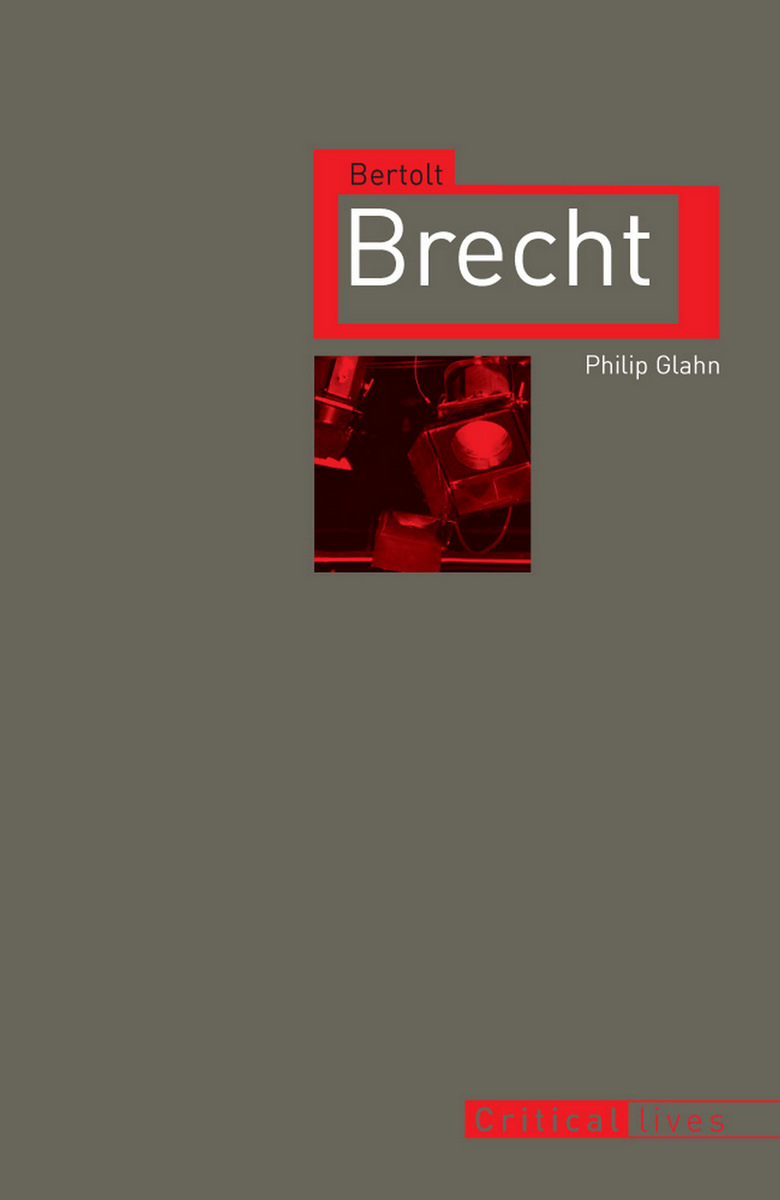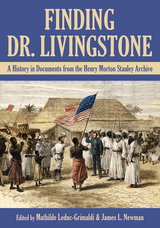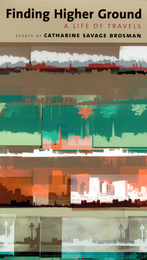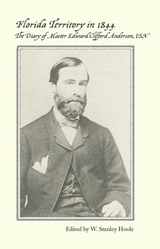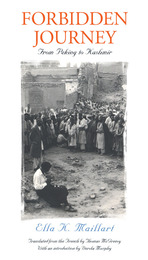Bertolt Brecht
Reaktion Books, 2014
eISBN: 978-1-78023-301-7 | Paper: 978-1-78023-262-1
See other books on: Biography & Autobiography | Literary Figures
See other titles from Reaktion Books
eISBN: 978-1-78023-301-7 | Paper: 978-1-78023-262-1
ABOUT THIS BOOK | AUTHOR BIOGRAPHY | REVIEWS | TOC | REQUEST ACCESSIBLE FILE
ABOUT THIS BOOK
A playwright, poet, and activist, Bertolt Brecht (1898–1956) was known for his theory of the epic theater and his attempts to break down the division between high art and popular culture. He was also a committed Marxist who lived through two world wars and a global depression. Looking at Brecht’s life and works through his plays, stories, poems, and political essays, Philip Glahn illustrates how they trace a lifelong attempt to relate to the specific social, economic, and political circumstances of the early twentieth century.
Glahn reveals how Brecht upended the language and gestures of philosophers, beggars, bureaucrats, thieves, priests, and workers, using them as weapons in his work. Following Brecht through the Weimar Republic, Nazism, exile, and East German Socialism, Glahn argues that the writer’s own life became a production of history that illuminates an ongoing crisis of modern experience shaped by capitalism, nationalism, and visions of social utopia. Sharp, accessible, and full of pleasures, this concise biography will interest anyone who wishes to know about this pivotal modern dramatist.
Glahn reveals how Brecht upended the language and gestures of philosophers, beggars, bureaucrats, thieves, priests, and workers, using them as weapons in his work. Following Brecht through the Weimar Republic, Nazism, exile, and East German Socialism, Glahn argues that the writer’s own life became a production of history that illuminates an ongoing crisis of modern experience shaped by capitalism, nationalism, and visions of social utopia. Sharp, accessible, and full of pleasures, this concise biography will interest anyone who wishes to know about this pivotal modern dramatist.
See other books on: Biography & Autobiography | Literary Figures
See other titles from Reaktion Books
